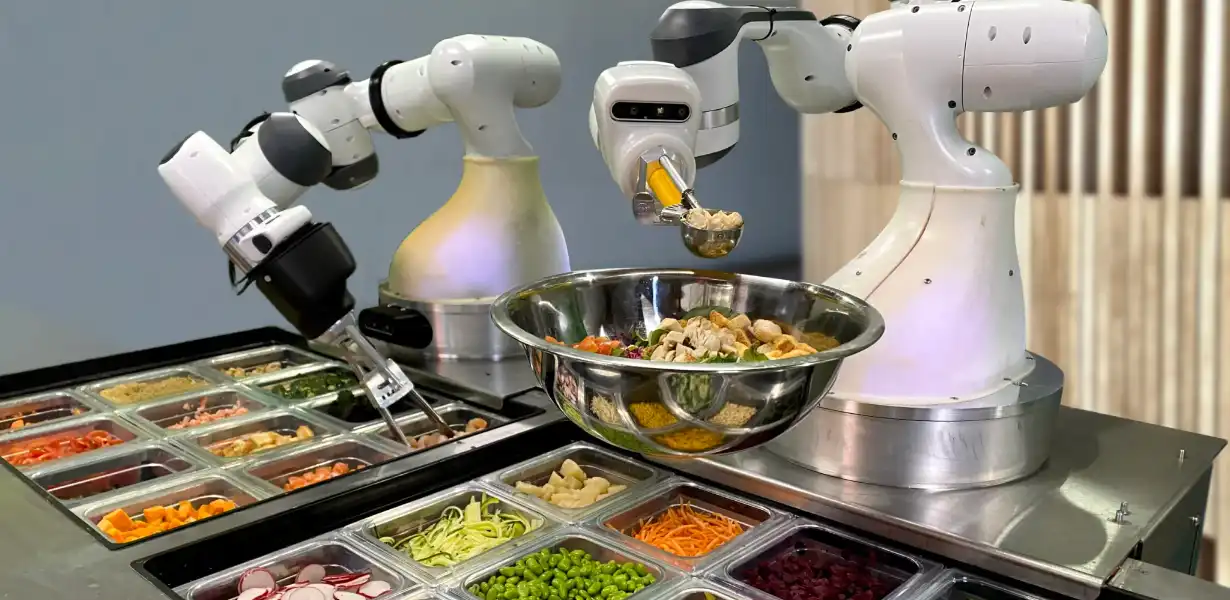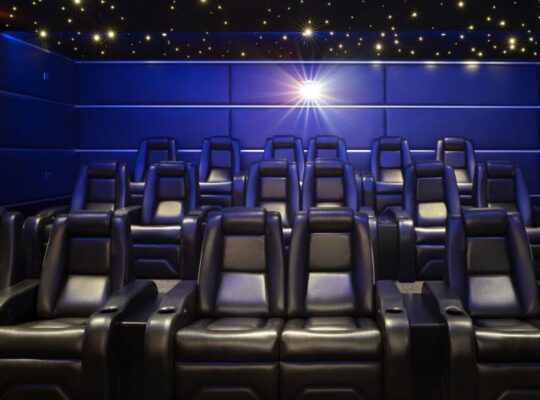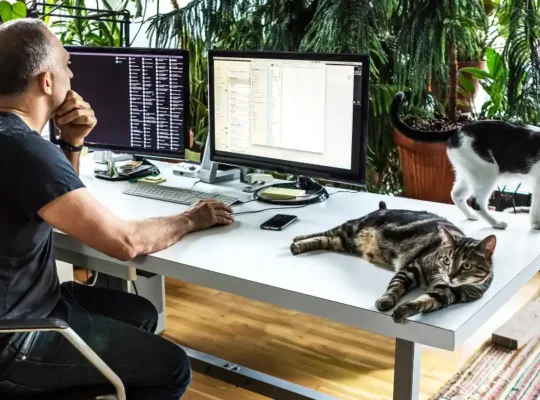In the realm of gastronomy, a silent revolution is unfolding – one that involves the marriage of cutting-edge technology and culinary arts. Fine dining options are witnessing a transformation led by the emergence of robo-chefs and automated kitchens. Join us on a journey into the heart of this culinary revolution where precision meets flavors, and efficiency dances with creativity.
The Rise of Robo-Chefs
In this era of technological marvels, the culinary world is not left untouched. Robo-chefs, equipped with artificial intelligence and advanced robotics, are taking center stage in the kitchen. These automated maestros are designed to execute intricate tasks with unparalleled precision, ensuring consistency in every dish they prepare.
Transforming Fine Dining Experience
Imagine a dining experience where the chef's creativity is not hindered by physical constraints. Robo-chefs are reshaping the way we perceive fine dining. With their ability to replicate complex recipes flawlessly, they bring a new level of sophistication to the table, elevating the overall culinary experience.
Precision in Every Bite
The integration of automated kitchens ensures precision in the culinary process. From ingredient measurement to cooking time, every element is meticulously controlled. This not only guarantees a consistent taste but also opens avenues for experimenting with flavors, pushing the boundaries of what is traditionally achievable.
The Marriage of Art and Algorithms
Fine dining is not just about taste; it's a visual and sensory feast. Robo-chefs, guided by intricate algorithms, replicate the artistic finesse of human chefs. The marriage of art and algorithms results in dishes that are not only delectable but also aesthetically pleasing, setting the stage for a new era of gastronomic delight.
Efficiency Redefined
In the fast-paced world of culinary arts, efficiency is paramount. Automated kitchens streamline the cooking process, reducing wait times and ensuring that every dish is served promptly. This newfound efficiency allows restaurants to handle a higher volume of orders without compromising on quality.
Sustainability in the Kitchen
Robo-chefs contribute to sustainability efforts in the culinary world. With precise ingredient measurements and reduced food wastage, these automated systems align with the growing awareness of sustainable practices in the food industry. The future feast isn't just delicious; it's also environmentally conscious.
Challenges and Innovations
However, like any technological leap, the integration of robo-chefs comes with its set of challenges. The blogosphere is abuzz with discussions on the impact of automation on employment in the culinary industry and the need for chefs to adapt to this technological shift. Innovations, both in terms of technology and human resource management, are essential to address these challenges.
Fine Dining Options Redefined
The emergence of robo-chefs is redefining what fine dining options mean for consumers. It's not just about the ambiance or the chef's reputation; it's about the seamless blend of human creativity and technological precision. As diners, we find ourselves at the cusp of a culinary revolution, eager to explore the limitless possibilities unfolding on our plates.
A Glimpse into the Future Feast
As we navigate this exciting intersection of technology and gastronomy, the future feast promises to be a tantalizing symphony of flavors and innovation. Robo-chefs and automated kitchens are not just tools; they are orchestrators of a culinary renaissance that invites us to savor the future today.
Final Words
In conclusion, the era of robo-chefs and automated kitchens marks a paradigm shift in the culinary landscape. The fine dining options of tomorrow are not just about the taste; they embody a fusion of human creativity and technological precision. As we embark on this gastronomic journey, let's savor the flavors of innovation and celebrate the evolution of the culinary arts.
Commonly Asked Questions
1. How do robo-chefs impact the traditional role of human chefs?
Robo-chefs complement rather than replace human chefs, allowing them to focus on creativity while automating repetitive tasks, enhancing efficiency in the kitchen.
2. Are automated kitchens environmentally friendly?
Yes, automated kitchens contribute to sustainability by minimizing food wastage through precise ingredient measurements and efficient cooking processes.
3. What challenges do restaurants face in adopting robo-chefs?
Restaurants may encounter challenges related to workforce adaptation and the need for continuous technological updates. Innovations in human resource management are essential for a smooth transition.
4. Can robo-chefs replicate the artistry of human chefs?
Yes, guided by intricate algorithms, robo-chefs replicate the artistic finesse of human chefs, creating visually appealing and delectable dishes.
5. How do automated kitchens redefine the fine dining experience?
Automated kitchens redefine fine dining by ensuring precision, efficiency, and sustainability. Diners can expect a seamless blend of human creativity and technological innovation in every culinary creation.












